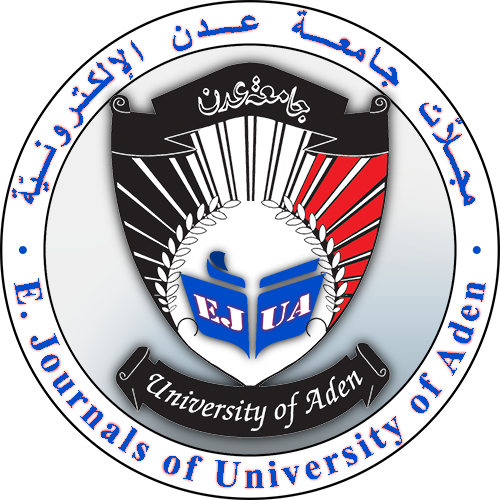THE CONVERGENCE OF TWO CONSONANTS IN THE ODDS OF MORPHOROGICAL BALANCES OF QURANIC READINGS
DOI:
https://doi.org/10.47372/ejua-hs.2021.4.136Keywords:
Convergence of two consonants, Qur'anic readings, Concealment, StealingAbstract
Many grammarians and morphologists deny combining two consonants if the second letter is slurred, and the first one is not a long vowel.
But the Arabic language may have two consonants gathered when the following letter is slurred and the preceding letter is a consonant, and it did not resort to using kasrah (كَسْرَة) with the preceding consonant. The frequent Qur'anic readings testify this in words that have a special resonance in the ear of the listener, and it came in the odds of morphological balances of Qur’anic readings such as: “نِعْـمَّا” which origin is “Excellent نِعْمَ مَا,” “لا تعْـدُّوا” which origin is “Do not exceed the limits لا تَعْتَدُوا,” “يَهْـدِّي” which origin is “Guideيَهْتَدِي ,” “يَخْصِّمون” which origin is “Dispute يَخْتَصِمُونَ.”
Just as Arabic resorted to using kasrah (كَسْرَة) with the first consonant to get rid of the convergence of the two consonants in one or two words, or the phonemic extension of the vowel letter in order to be able to pronounce the preceding slurred letter, it resorted to the Concealment (إِخْفَاء), or Stealing (اخْتِلاس) a hidden harakah (حَرَكَة) for the first consonant. Therefore, this research acquires its importance in revealing a fact embodied in its title: "The convergence of two consonants in the odds of morphological balances of the Qur'anic readings".








